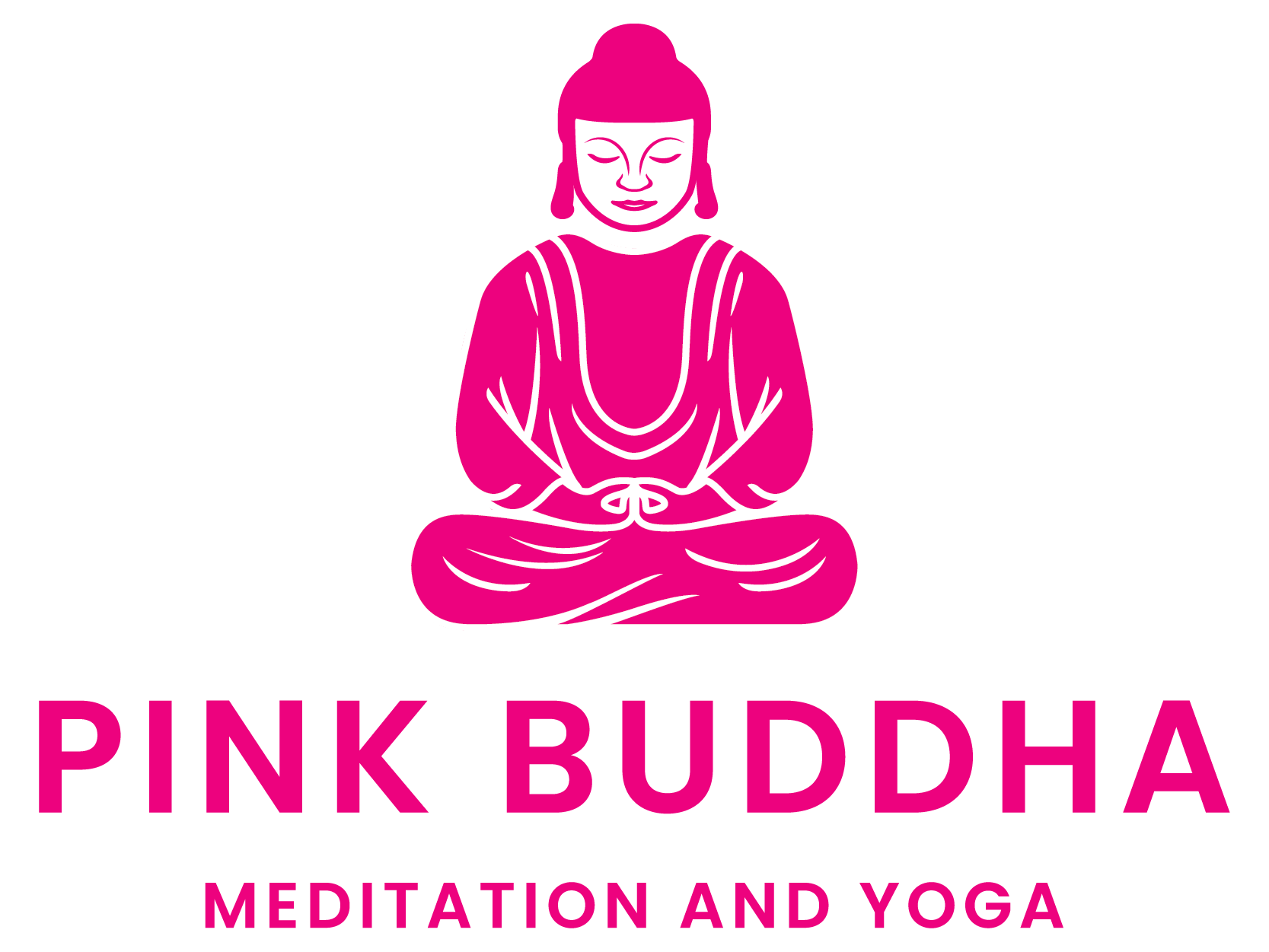What is Mindfulness?
Mindfulness is being aware in the present moment. It is being aware with curiosity but without reaction or judgement of self or others.
There are two parts to understanding mindfulness:
The first is being able to focus on one single thing. It’s about being able to notice when the mind has become distracted and being able to bring it back to focus – a great skill for all of us!
The second part is about noticing how you are reacting to whatever you are noticing – being able to maintain that curiosity without judging yourself.
The opposite of being mindful is being mindless. Have you ever drunk a cup of tea while you were chatting on the phone and you didn’t even realise you’d finished it? Or do you remember driving home one day and hardly even remembering part of your journey? These are good examples of when we’ve allowed our mind to become disconnected – we’ve become mindless.
The opposite is when we are aware and present in everything we do. Try mindfully enjoying a cup of tea next time you have a minute, noticing if the taste is sweet or bitter, the sensation of the liquid in the mouth, the smoothness of the edge of the cup, the warmth of the tea – all of the tiniest details. It will really change your enjoyment of that tea…and that’s what happens when we’re more mindful in life. It changes our perception and enjoyment of what we are doing.
What's the difference between mindfulness and meditation?
Mindfulness and meditation can be practised in a number of ways. But there is a difference:
Meditation is where we formally take time to practice mindfulness which we sometimes refer to as exercise for the mind. We meditate to strengthen our mindfulness skills.
Mindfulness is bringing that attitude of paying attention into your daily life.
In our courses, we teach our children both methods – one can be used in the moment for everyday life. The other is a great tool to build a foundation of practice for life.
So why do we teach our kids how to be mindful and how would they benefit from learning meditation?
* It helps to lower their stress and anxiety levels
* It helps them to relax and regulate emotions
* It clears their minds, which helps to enhance awareness and creativity
* It improves concentration and increases productivity
* They often enjoy better health and sleep
* Their energy has more of a sense of calm


